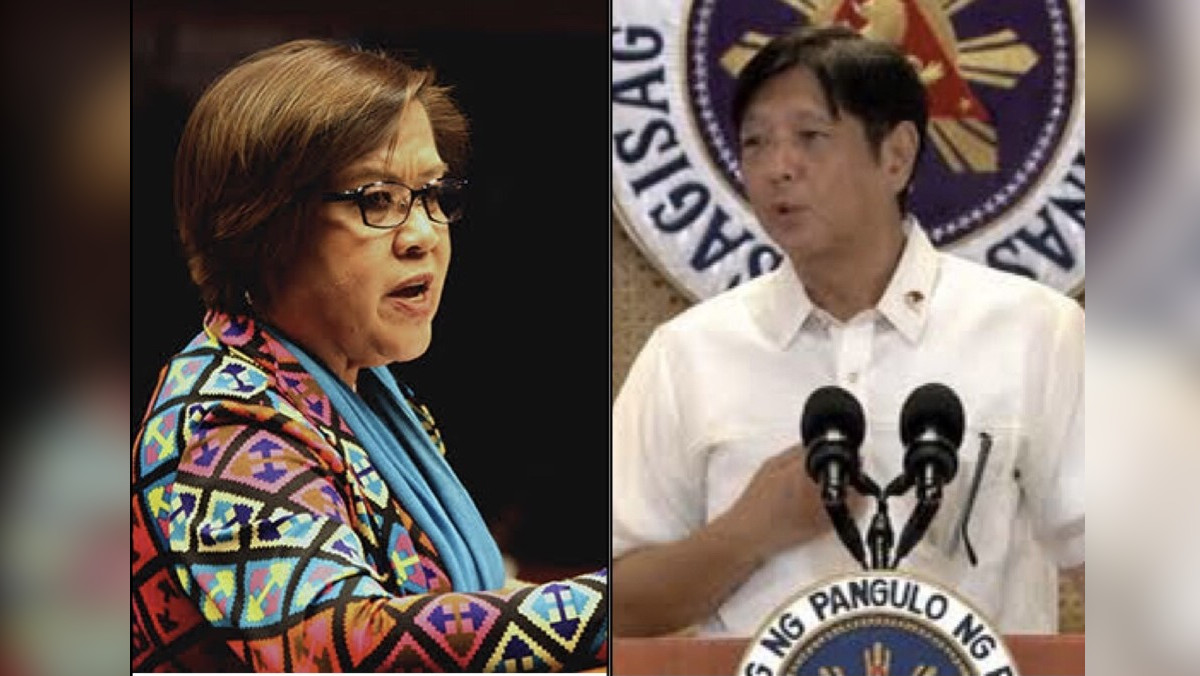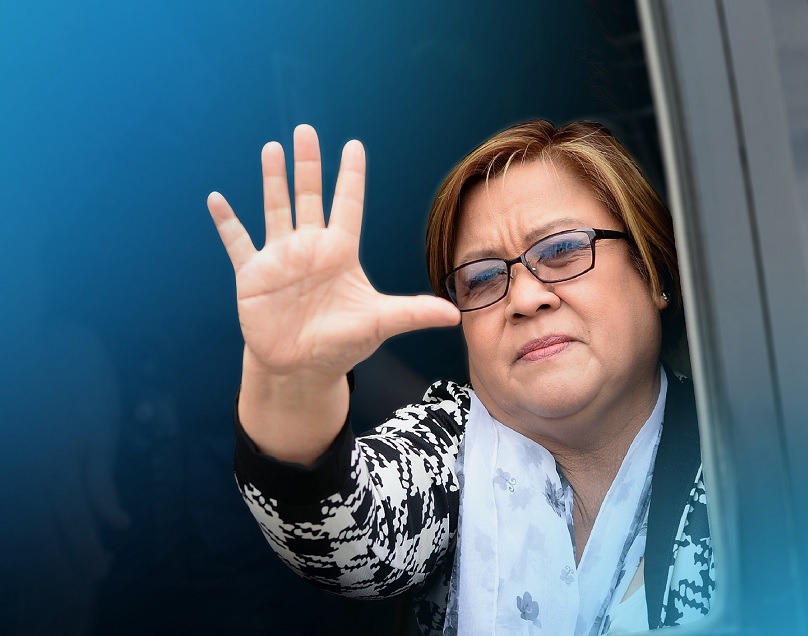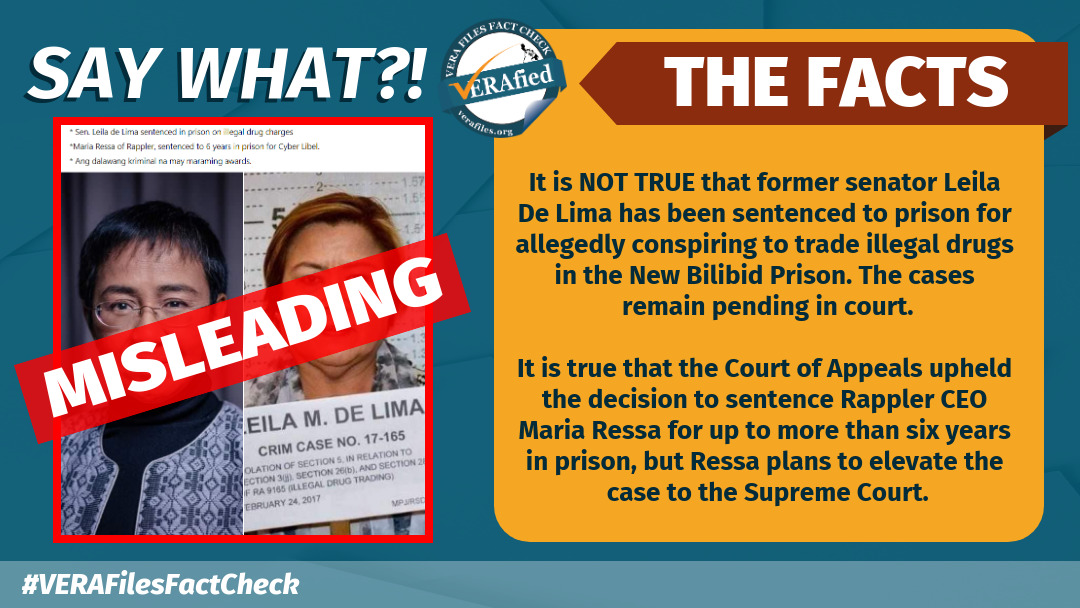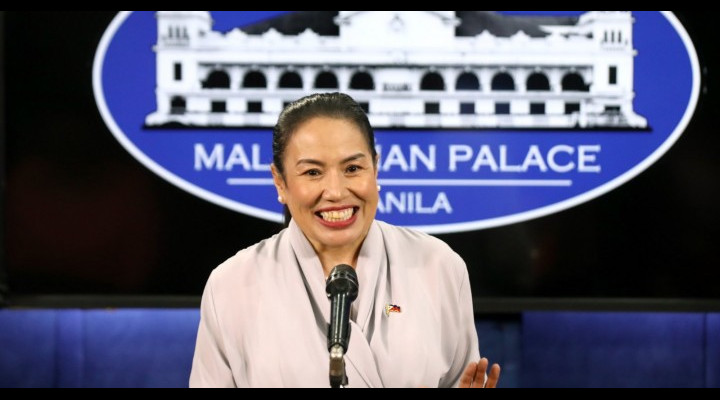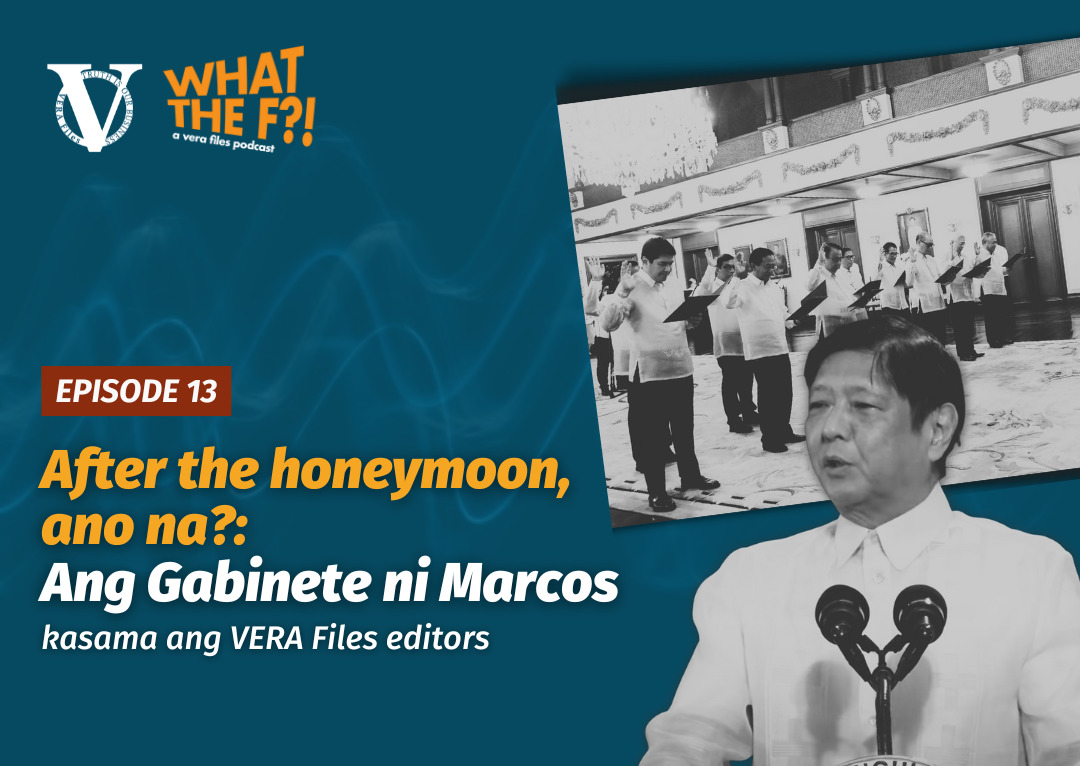The release of former senator Leila De Lima from detention, although temporarily on bail, gives advocates of human rights a special and meaningful reason to celebrate International Human Rights Day on Dec. 10.
It marks the 75th year that the United Nations General Assembly adopted and proclaimed the Universal Declaration of Human Rights (UDHR), one of the world’s most groundbreaking global pledges,
While De Lima was detained for nearly seven years, international human rights groups, UN experts, and several world leaders and parliamentarians called on the Philippine government for her release.
In 2018, the UN Working Group on Arbitrary Detention even described the former senator’s detention as “arbitrary” and expressed its concern about the remarks that then-president Rodrigo Duterte and his allies had made against her following her call for an investigation into his administration’s campaign against illegal drugs.
After the news of De Lima’s release on bail broke on Nov. 13, the international community joined Filipinos supporting and sympathizing with the former senator in welcoming the development and hoping that the last of three drug-related cases filed against her would soon be resolved.
De Lima, 64, has long maintained that the charges were fabricated and that she was a victim of political persecution. Before her election to the Senate in 2016, De Lima was an election lawyer, served as chairman of the Commission on Human Rights, and Justice secretary.
While at the helm of the CHR in 2009, she dared to initiate an investigation into the infamous Davao Death Squad (DDS), a vigilante group reportedly formed by Duterte when he was mayor of Davao City and alleged to have committed summary executions of persons suspected of even petty crimes.
When she became secretary of Justice, De Lima led a series of raids in the National Bilibid Prison (NBP) in 2014, targeting drug lords purportedly operating inside the national penitentiary. During the raids conducted by the Philippine National Police, the Philippine Drug Enforcement Agency and the National Bureau of Investigation, several contraband items were seized, and special privileges granted to inmates in the maximum security compound were exposed.
De Lima carried on the crusade against illegal drugs and the DDS operations in Davao soon after she became a senator and was elected chairman of the Senate Committee on Justice and Human Rights. She immediately launched an inquiry into the alleged extrajudicial killings early on under the Duterte administration.
But Duterte did not waste time and made sure she would not be able to carry out the probe. His allies unseated her as committee chairman, accusing her of pursuing a personal political vendetta against the then-newly elected president.
And the tables were turned on De Lima with accusations about her involvement in the illegal drug operation at the NBP and that she received money from drug lords for her electoral campaign. Her accusers exploited her extramarital affair with her driver, a co-accused in the cases filed against her, to draw public attention to her alleged wrongdoings.
The NBP inmates and prison officials she had exposed testified against her in the congressional hearings and in court, only to recant their testimonies later.
The PNP recorded about 8,000 people killed in the Duterte administration’s bloody drug war, but human rights groups have reported more than twice the number, with most of those killed belonging to poor families and young men who had nothing to do with the drug trade.
After her release on bail, even Justice Secretary Jesus Crispin Remulla said De Lima would likely be acquitted in her remaining drug case.
But Vitaliano Aguirre, the Justice secretary who allegedly coerced former Bureau of Corrections chief Rafael Ragos into making false statements to pin De Lima in the NBP drug trade, continues to yarn about her and insinuates that the government witnesses were paid to recant their testimonies.
Aguirre’s direct target now is Judge Gener Gito of the Muntinlupa Regional Trial Court Branch 206, who allowed De Lima to post bail for her remaining drug case. He and Harry Roque, Duterte’s spokesman who lost in the 2022 Senate elections, have been saying that Gito was a “favorite” student of De Lima in San Beda College in an attempt to diminish the credibility of Gito.
Following de Lima’s release, the Marcos Jr. administration could show the world that it respects human rights and is serious about advancing accountability for violations and abuses by allowing the International Criminal Court to conduct its independent probe in the country on the drug-related killings before Duterte withdrew the Philippines from the Rome Statute in 2018.
The views in this column are those of the author and do not necessarily reflect the views of VERA Files.
This column also appeared in The Manila Times.
